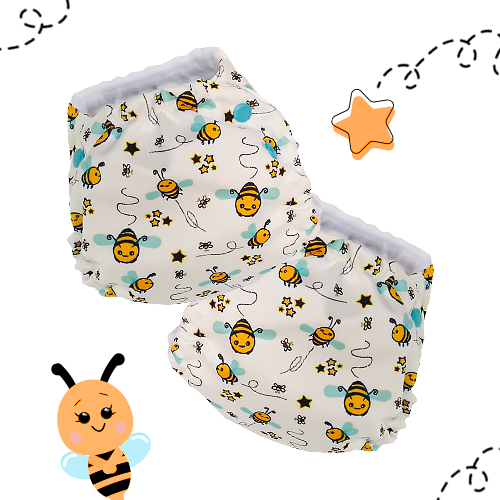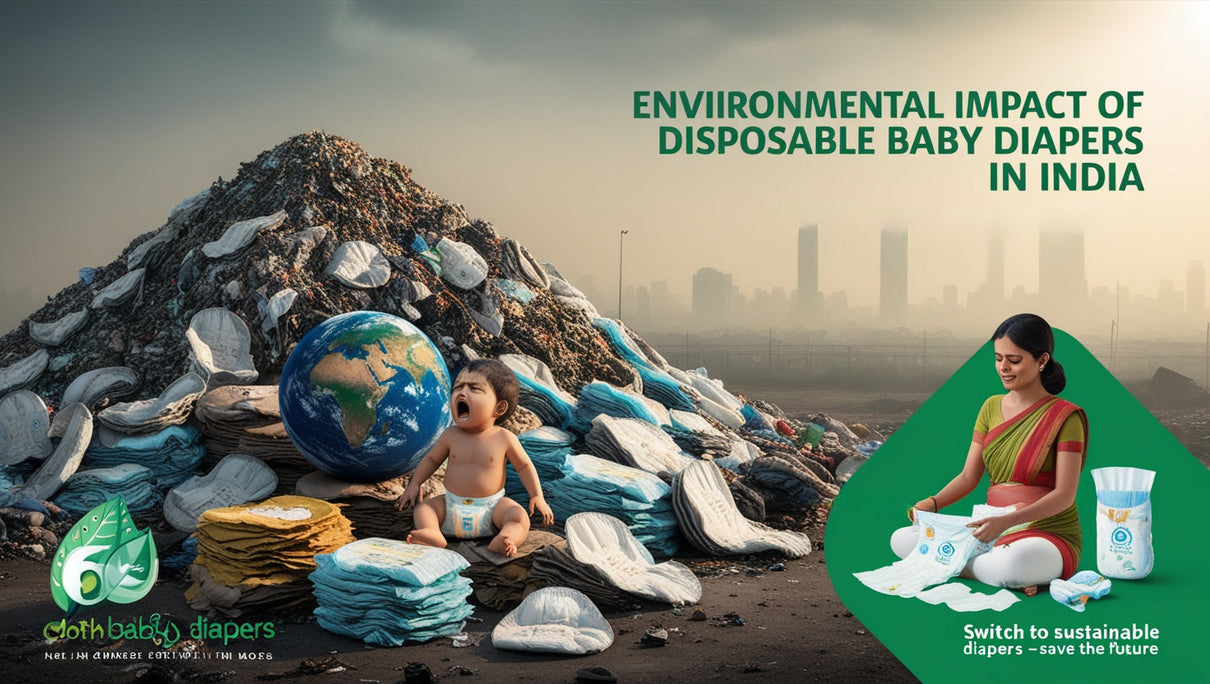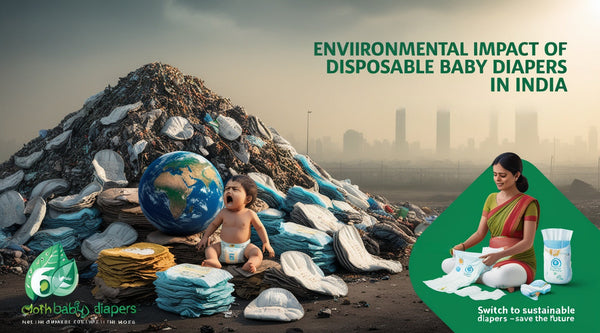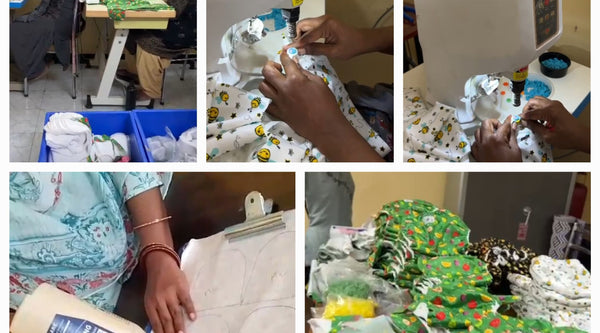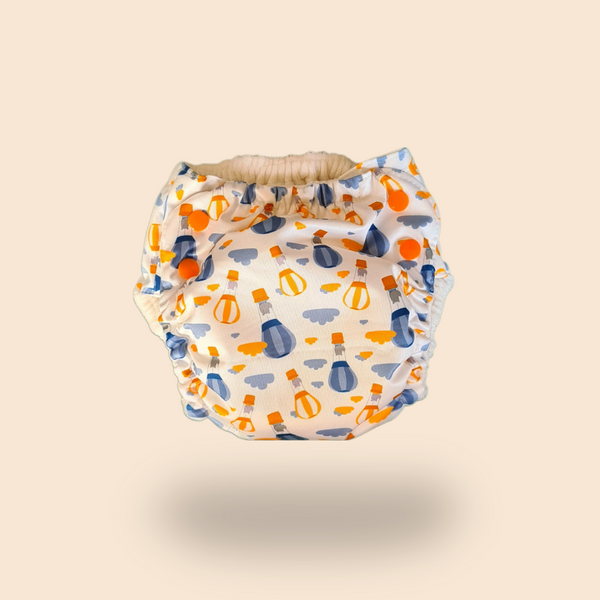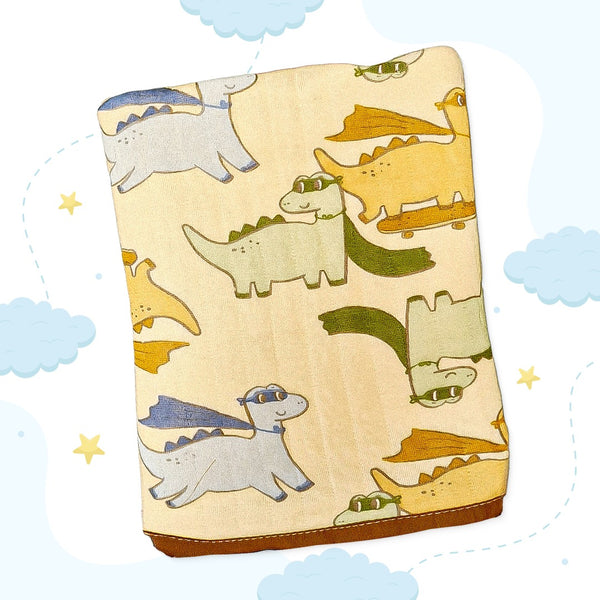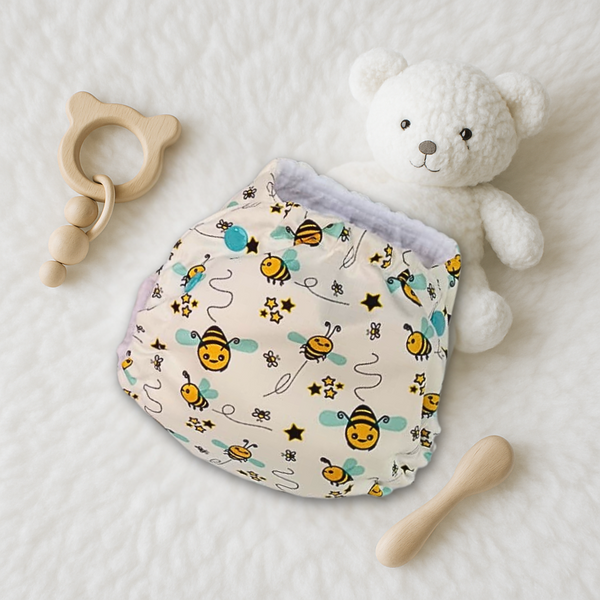The Impact of Disposable Baby Diapers on Landfills in India
India generates over 12 billion disposable diapers annually, creating a significant waste management challenge. With a growing population and increasing urbanization, the improper disposal of diapers is causing serious environmental and health issues.
Diaper Waste: An Emerging Crisis in India
Disposable diapers consist of plastic, synthetic fibers, and absorbent chemicals, thus they are not biodegradable. In India, where the practice of segregating waste is not common, the majority of used diapers wind up in landfills, open dumps, or even water bodies.
For how long do diapers decompose
Disposable diapers remain in landfills for 300–500 years to decay.
They emit methane, a climate change contributing greenhouse gas.
The plastic parts do not degrade completely and are left as microplastics in the environment.
Why is disposable diaper a big issue in India
Inefficient waste management: Proper systems for dealing with diaper waste are lacking in most cities.
Health hazards: Open dumping of dirty diapers has the potential to spread viruses and bacteria.
Water pollution: Dumped diapers into rivers or sewerage cause water pollution.
High costs: Non Recyclable waste disposal puts pressure on municipal corporations.
Scientific Research on Diaper Pollution in India
Research conducted by IIT Kharagpur (2023) discovered diapers account for more than 10% of nonbiodegradable urban household waste. Emphasized the presence of toxic chemicals such as dioxins in landfills because of diapers.
NEERI (National Environmental Engineering Research Institute) Report (2022) mentioned that disposable diapers are the 3rd largest source of urban plastic waste after packaging and PET bottles.Recommended tough regulations on disposing of diapers.
CPCB (Central Pollution Control Board) Data (2021) said that only 15% of India's waste is treated scientifically; the remaining diapers, among other things, are sent to landfills or illegal dumping sites.
What Are the Solutions
Cloth Diapers (Reusable)
Cloth diapers now are washable, green, and budget friendly.
Most Indian brands now provide organic cotton and bamboo diapers, which are very good for baby skin.
Biodegradable Diapers
Compostable options are provided by some brands in India which are made from plant based materials like bamboo and banana fibre.
But cost becomes an issue as each diaper is priced more than Rs. 40-50 and they need proper composting facilities to decompose.
Diaper Recycling Initiatives
Certain Indian startups are developing diaper recycling, which turns waste into fuel or plastic products.
Municipal corporations must promote segregated diaper disposal bins.
Public Awareness and Policy Changes
Promoting eco friendly parenting by launching government campaigns.
Enforcing tough regulations on the disposal of diaper waste in cities.
Conclusion
The growing popularity of disposable diapers in India is a serious environmental and health issue. With inadequate waste management infrastructure, diapers clog landfills, contaminate water bodies, and add to plastic waste. The way out is embracing sustainable alternatives, increasing awareness, and enforcing stringent waste management policies.
Shifting to cloth diapers or biodegradable ones can make a huge impact. Tiny changes in parent decisions today can result in a healthier and cleaner India of the future!

